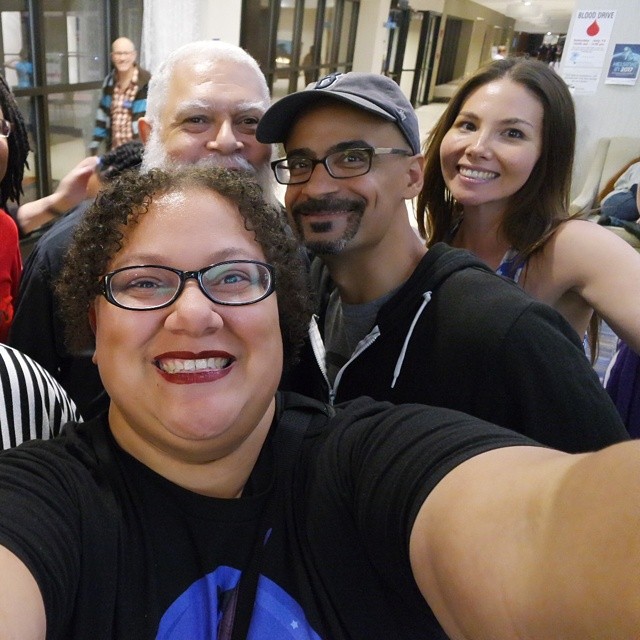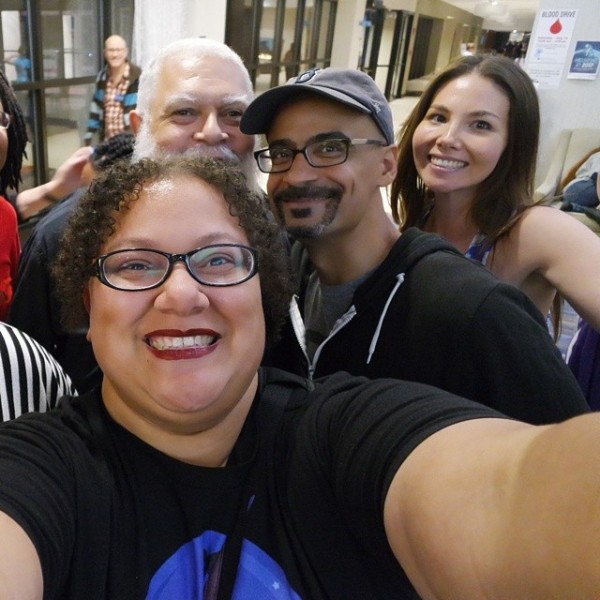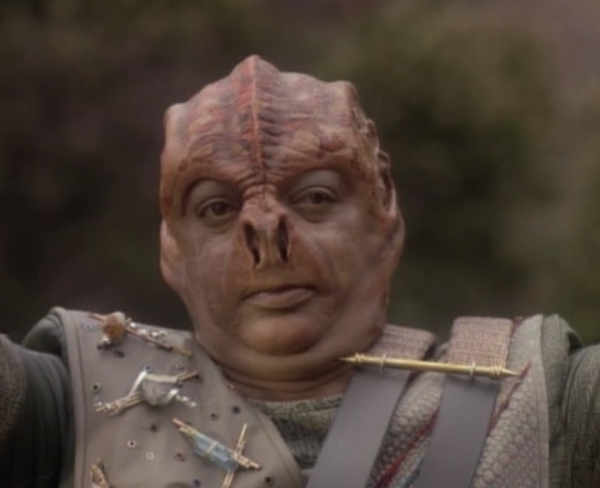Posts in the Writing Wisdom category are primarily for my creative writing students. Most consist of quotes from others that I want to pass along and sometimes I offer up the things I’ve learned as well.
In a Facebook post titled “You’ve Got Revision All Wrong” author Mette Harrison breaks down where many writers go wrong with thinking about revision.
When I was in high school and college, teachers would talk to us about revising papers and focus us on fixing sentences, rearranging paragraphs, and choosing better words. Which is definitely revising on one level. The problem was that when I became a professional writer, I realized that this was the very last stage of revision, basically the copy-editing level.
…
The revisions that I do before I get to copy-editing are massive. MASSIVE. Like, every single word of the manuscript changes. Sometimes all the scenes are in the right order (Ha–this is never true, but we’ll pretend it is for a little while). It’s just that I have the voice wrong. Or the point of view. Or I change the rules of magic. Or I have to tweak a character’s motivations. Or the setting is now historical–or isn’t historical anymore. Or I’m now writing a series instead of a standalone. Or a thousand different changes that probably sound like they’re small in terms of scope, but in fact change every single word of the book. Because my descriptions are going to change based on how my character changes. And how I introduce the magic or offer setting details changes if the point of view is different.
…
I know that some writers manage to figure out these kinds of problems before they start writing a first draft, but I’ll tell you honestly, not many do. Even writers who outline extensively find a ton of problems that require massive, massive revisions. And the writers who aren’t finding their problems by writing drafts are spending just as much time (IMHO) figuring out the problems in their heads.
Almost always, when I see a writer who isn’t making progress from draft to draft it’s because they aren’t either willing or able to make these kinds of revisions. They hold tight to their original vision of a project because they think that’s what people mean when they say to “write the book of your heart.” Or they honestly don’t know how to reimagine everything from the bottom up and let everything go in order to rebuild something that’s even better. And do it again and again and again in order to get a manuscript that’s ready for publication.
Read the whole post, as she goes on to say many brilliant things.
Years ago a writer (can’t remember who) said that her revision process went like this:
- Print out first draft of novel
- Delete the file
- Start a new file
- Write the novel again using the paper draft (with corrections!) as your guide
I have not gotten to the point where I’m willing to delete old versions. However, I do take a blank slate approach to revision, especially with short stories. Sometimes the fiction needs that much of an overhaul, and so I sit with my marked up manuscript and maybe notes from my beta readers and I start typing. Maybe not every single word changes (I now have a DARLINGS file, though). But I’m not beholden to anything I wrote before if it doesn’t fit.
How do you go about revising? And how extensive are your revisions?
image credit: woodleywonderworks on Flickr







